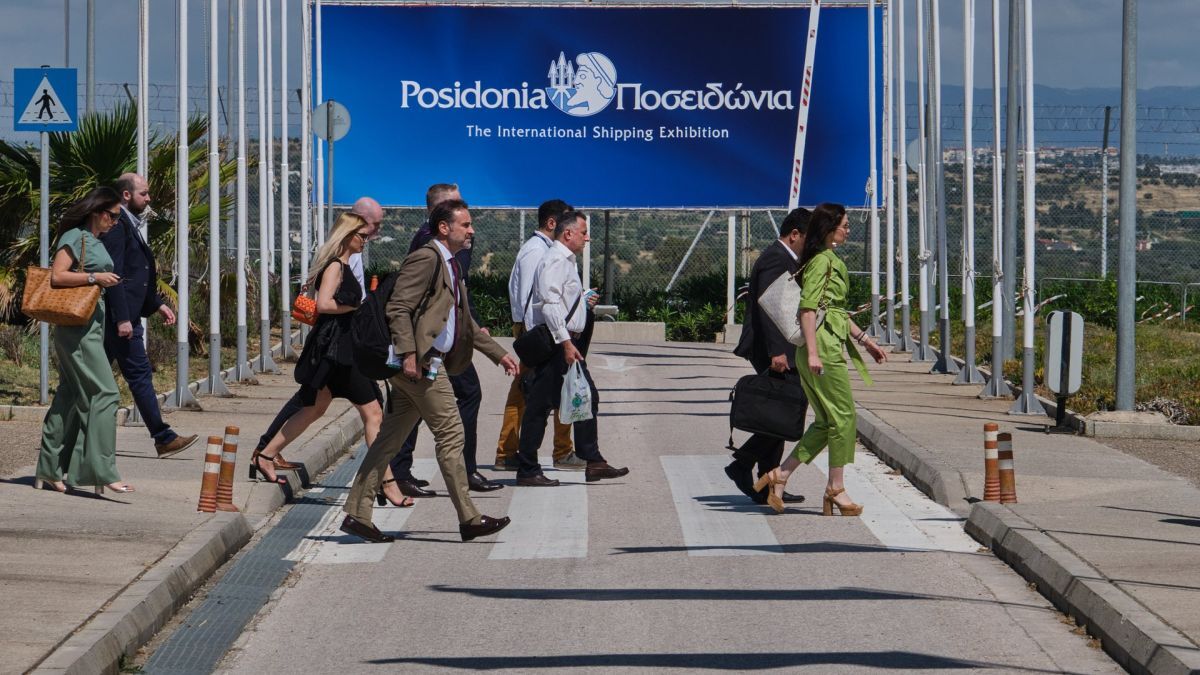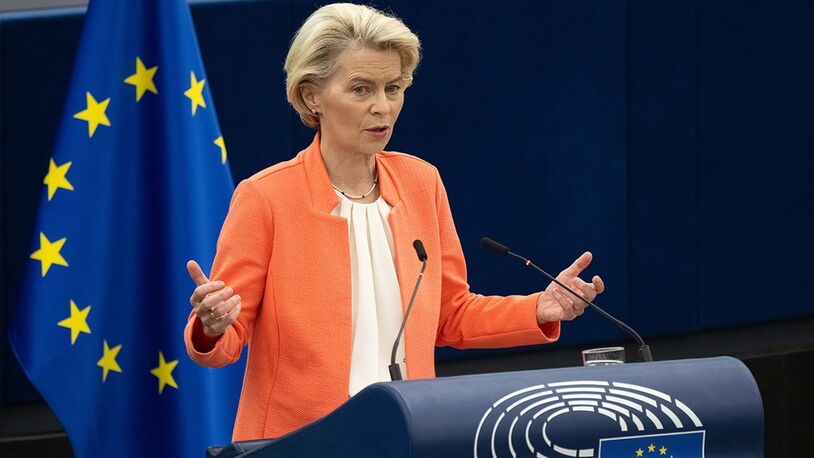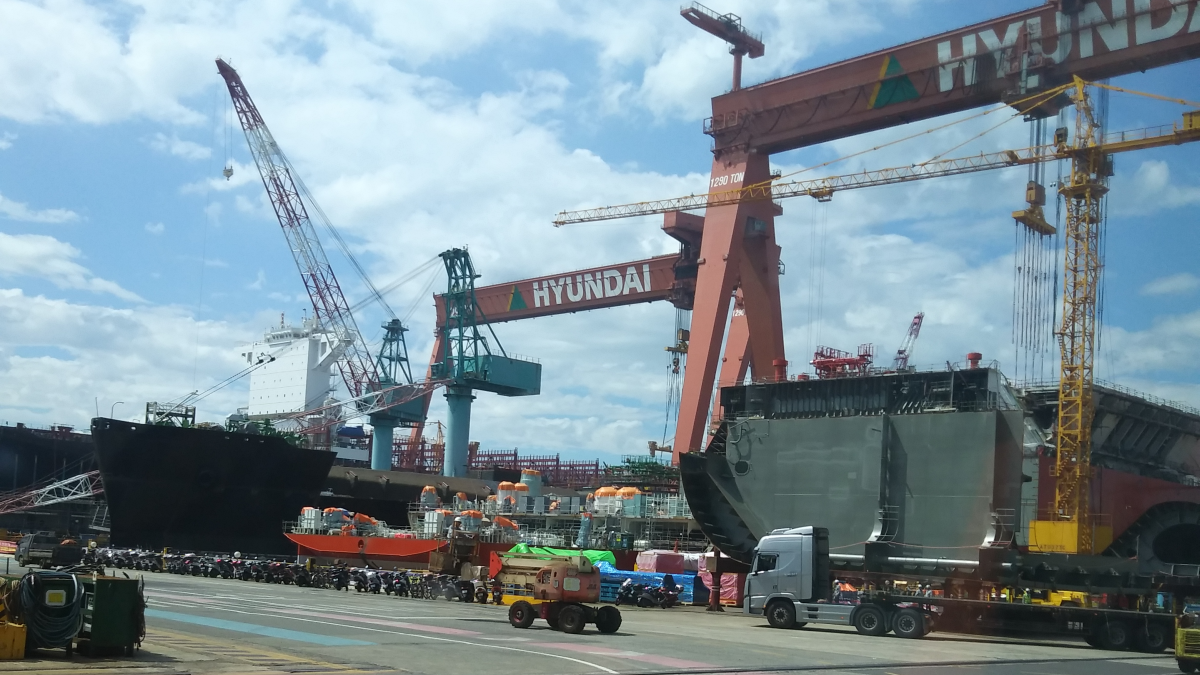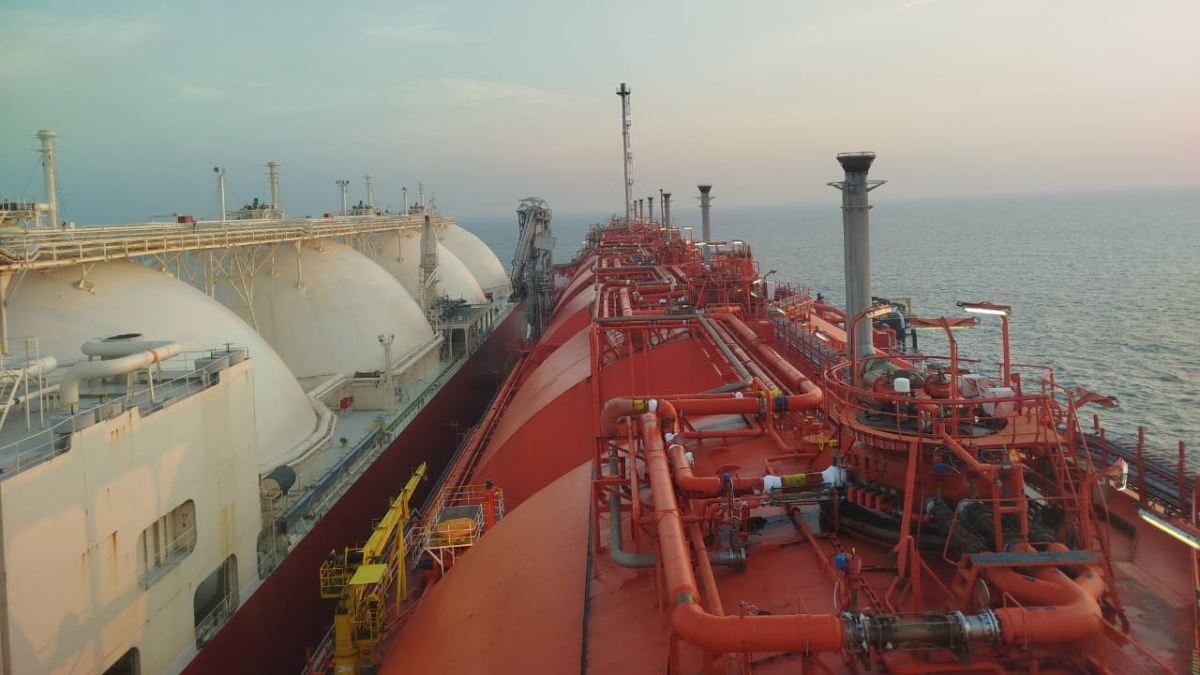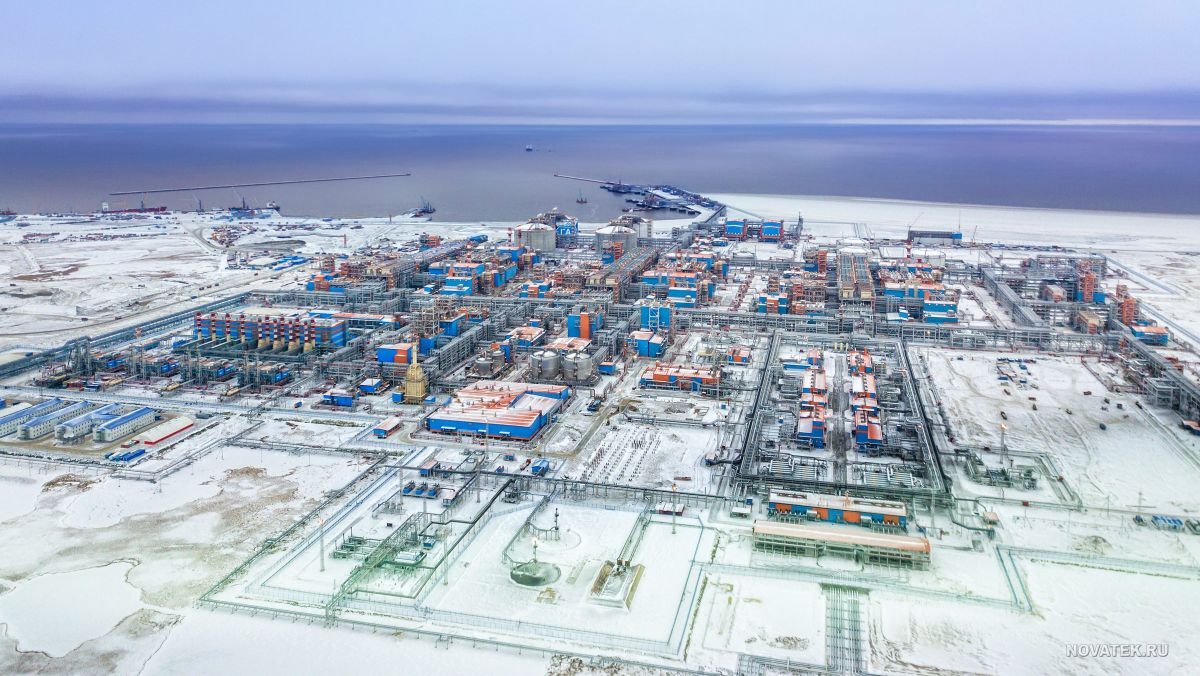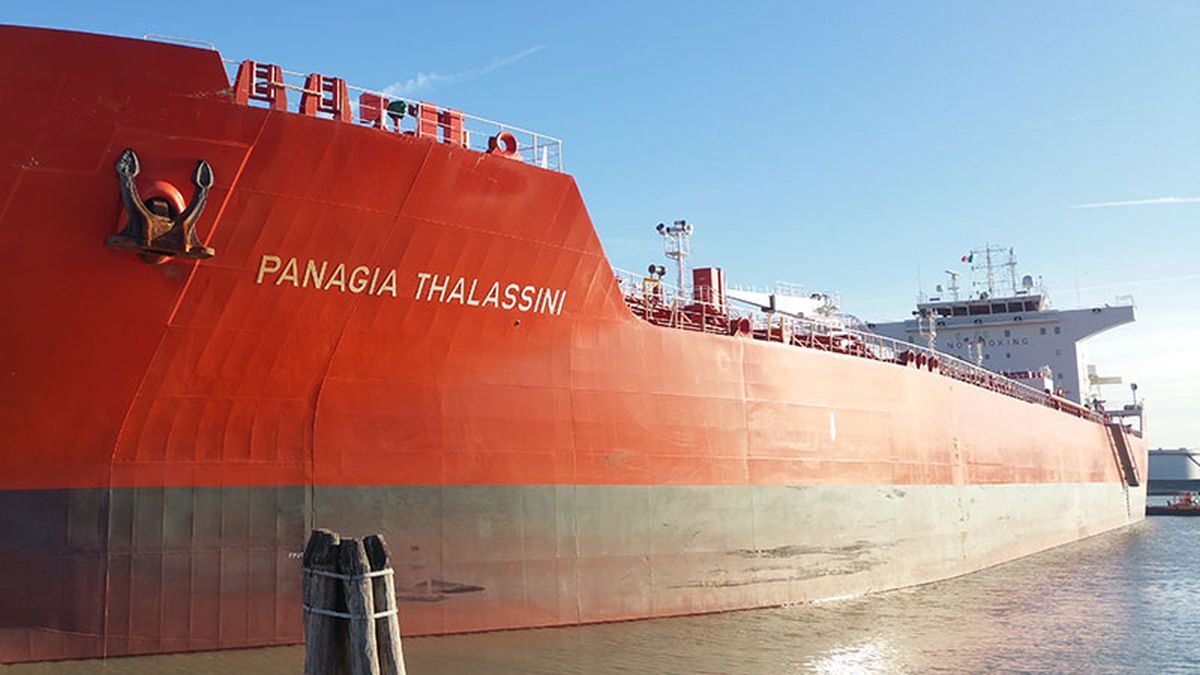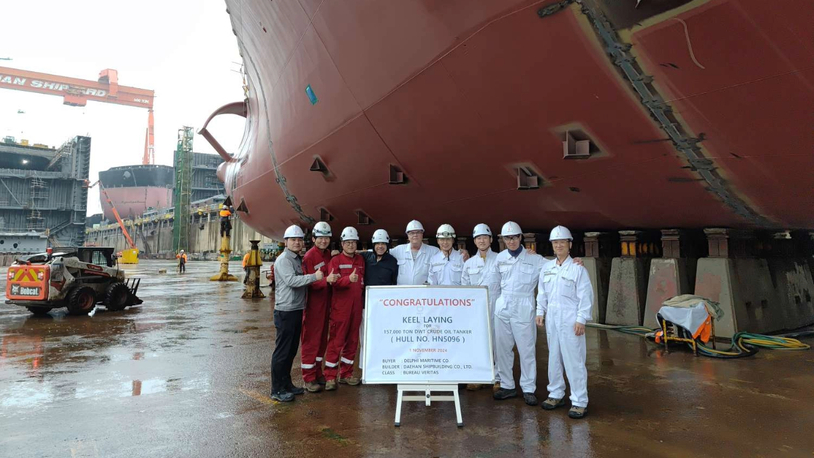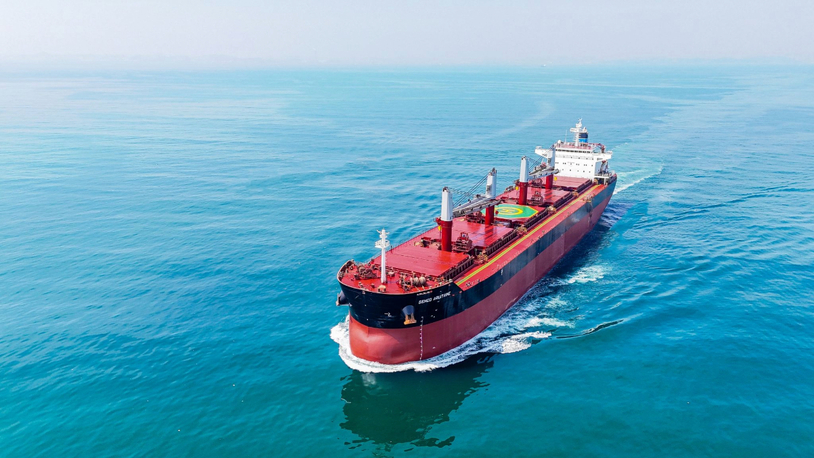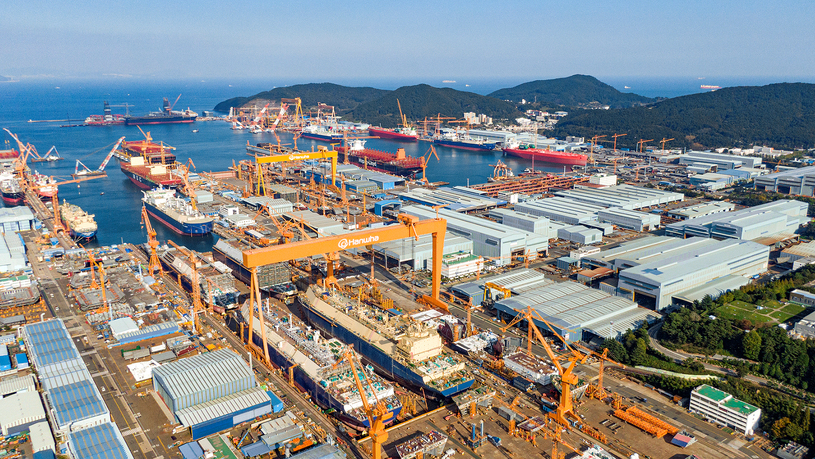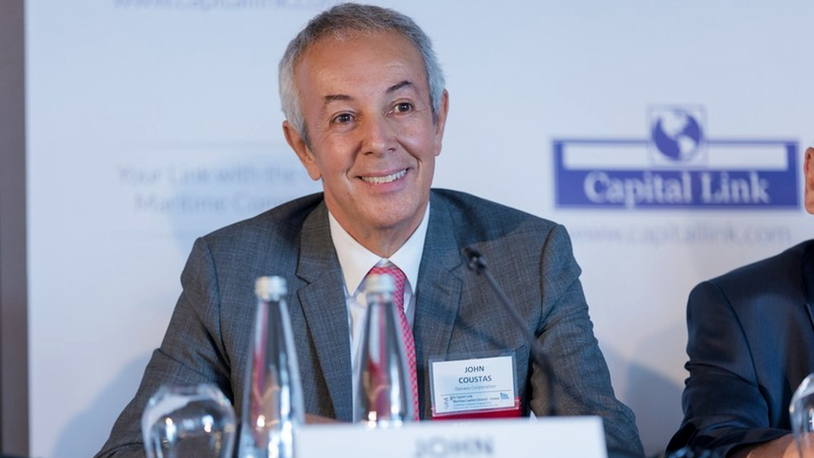Business Sectors
Events
Contents
Register to read more articles.
Greek tankers lead global market resurgence
Greek tanker owners dominate globally, leveraging market volatility and strategic investments to maintain leadership in volatile shipping markets, according a paper, Posidonia: Profiling Greek scale, issued by Clarkson Research Services (CRS)
CRS noted Greek shipping companies lead the world, with a 23% share of the global fleet – still ahead of China. The Greek focus on tankers is complemented by a robust presence in the bulker segment, with a 22% global fleet share, trailing only China.
The strategic investment in these segments is driven by the lucrative opportunities presented by market volatility and asset play potential. Furthermore, the Greek shipping sector has significantly expanded its footprint in the gas – mainly LNG – market, capturing a 21% global share, a remarkable increase from approximately 3% in 2013.
While Greek companies have maintained a steady presence in these key markets, their container fleet share has seen a slight decline to 7%, partly due to the rise of liner-owned fleets.
Greek shipping companies remain highly diversified, with a minimal exposure to less liquid or project-based markets, representing less than 2% of their fleet.
Investment in newbuilds has seen a notable uptick, with the Greek orderbook reaching US$40Bn and 49M dwt, constituting 12% of the fleet. Despite this increase, it remains below the peak levels of previous years. Greek shipowners continue to dominate the sale and purchase (S&P) market, participating in approximately one-third of global deals.
The paper notes that the top 10 Greek shipping companies, averaging around 110 ships each, account for 8% of the global fleet, with Angelicoussis Group leading the charge with a 27M-dwt fleet.
The broader Greek market comprises around 700 companies with an average of seven ships each, underscoring the sector’s diversity and the need for a flexible approach to green fleet renewal. Approximately 80% of Greek tonnage is privately owned, according to CRS, with the remainder held in stock-listed entities.
Key factors contributing to Greek success include strong cash positions, low leverage, intuitive market timing, quick decision making, and a deep pool of commercial and technical expertise.
The ability to manage generational transitions and adapt to market changes has been crucial for maintaining their competitive edge.
The Greek shipping sector’s scale is further highlighted by its role as a ’cross trader,’ with Greek imports and exports constituting less than 1% of global trade. This positions Greek owners as ultimate cross traders, leveraging global opportunities despite not being tied to a large domestic cargo base.
The energy transition presents significant challenges for the Greek shipping sector. Approximately 50% of cargo moved by Greek companies is energy-related, compared with 38% of global seaborne trade. Balancing energy security, the timing of the energy transition, and growth potential in gas markets will be critical.
CRS notes that Greek shipowners have embraced eco-friendly initiatives, with 34% of the fleet classified as eco ships, and an average fleet age of 11.7 years compared to the global average of 12.8 years.
Energy-saving technologies are installed on 37% of Greek tonnage, and the sector performs well on the Carbon Intensity Indicator (CII), with about 75% of the fleet rated A-C compared to 65% globally. However, the adoption of alternative fuels in new orders remains below the global trend, reflecting a cautious approach amid market uncertainties.
Focusing on the bigger Greek shipping picture, CRS notes the Greek shipping sector’s collective scale is impressive, with 252M gross tonnage, ranking second only to China, and 427M dwt, maintaining its top position. CRS values the sector’s tonnage on the water at US$183Bn, showcasing the significant investment and strategic focus on maintaining a leading position in the global market.
As the shipping community gathers for Posidonia, the Greek market’s pivotal role in global shipping will be a central topic of discussion. With strong market conditions but growing strategic challenges around fleet renewal, energy transition and geopolitics, Greek shipowners will continue to navigate these complexities, leveraging their deep expertise and strategic foresight to maintain their leadership position in the industry.
Riviera’s Maritime Decarbonisation Conference, Europe 2024 will be held in Amsterdam, 24 September 2024, click here for more information on this industry-leading event
Related to this Story
Events
Maritime Decarbonisation, Europe: Conference, Awards & Exhibition 2025
Offshore Support Journal Conference, Americas 2025
LNG Shipping & Terminals Conference 2025
© 2024 Riviera Maritime Media Ltd.


